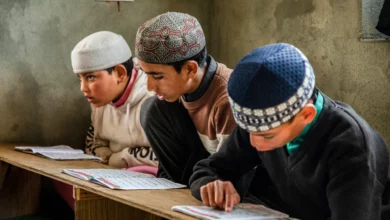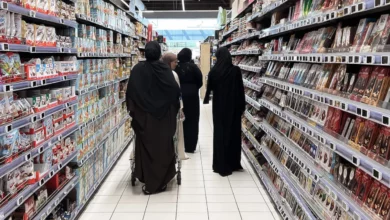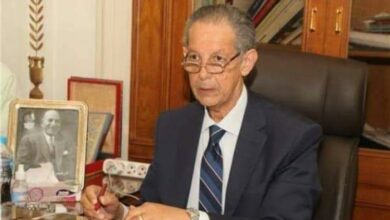Kamal Zakher, coordinator of the Front for Secular Copts and Wafd Party member has submitted his resignation to the party this week in response to what he says are actions taken by the party towards greater understanding with the Muslim Brotherhood.
“It is turning into a Wafd Brotherhood group,” Zakher told Al-Masry Al-Youm.
Zakher's resignation was prompted by a series of incidents that included the visit of the head of the party, al-Sayed al-Badawy to the Brotherhood on 25 July. Moreover, Soad Saleh, a moderate Islamic preacher who recently joined the party, made statements that were deemed anti-liberal on a television show early in June. The addition of a Muslim editorial page in the party’s daily newspaper during the month of Ramadan and a statement by al-Badawy in early August saying that the party is not secular have also added to Zakher's growing discomfort.
The 90-year-old party has adopted broadly liberal politics since its inception, but Zakher now sees it as moving towards greater Islamization. However some experts see the party's moves as expedient political strategies, especially ahead of the parliamentary elections scheduled for late November and opposition tendencies to move closer together in order to strengthen their position.
Zakher deems this association with the banned but tolerated Brotherhood group unacceptable. “I don’t accept that we, as a legal party, should give recognition to a banned organization,” he said.
Diaa Rashwan, political analyst with the Al-Ahram Center for Political and Strategic Studies, doesn't see the party's move as part of a wider tendency towards Islamization. “How long has Kamal Zakher even been with the Wafd?” Rashwan asked, referring to Zakher's recent membership.
Al-Badawy, however, maintained that, “there will not be any association with the Brotherhood in the coming elections."
Rashwan added that any association with the Muslim Brotherhood doesn't necessarily mean a change in ideology. "If there is collaboration between the two groups, it would be organized through a written agreement that would define the political goals," he added.
The Wafd Party previously collaborated with the Brotherhood in the 1984 parliamentry elections.
“Fouad Serag Eddin (former party head) worked closely with the Brotherhood ahead of elections and it was very successful,” said Rashwan. In an interview with Al-Masry Al-Youm, al-Badawy said that the previous association with the Wafd was of greater benefit to the Brotherhood and that at no point did the liberal party raise the "Islam is the Solution" flag, which has been adopted by the Brotherhood.
Another issue raised by Zakher was the statement made by party member Saleh on the TV program Manshet on ONTV where she expressed her rejection of the idea of a Christian ruling the country. “This shows that Islamic thought is penetrating the Wafd Party,” said Zakher who added that he has no problem with an Islamic ideology per se, but rather that it should not be part of an avowedly liberal party.
“Saleh is not the head of the party, and is not one of the leading figures in it. Party members often don’t convey the exact party line,” Rashwan maintained.
Meanwhile, the party's leading figures are trying hard to get Zakher back on board. “I’ll call him and convince him to come back,” Mounir Fakhry Abdel Nour, a leading Christian party member told Al-Masry Al-Youm. But Zakher said he won’t return unless a statement is issued explaining recent party actions and a promise that it will be wary of taking the route to greater Islamization.
190 members of the party expressed interest in running for the upcoming elections, of whom 20 are women. The party's ruling board intends to choose 125 candidates by 7 September.




